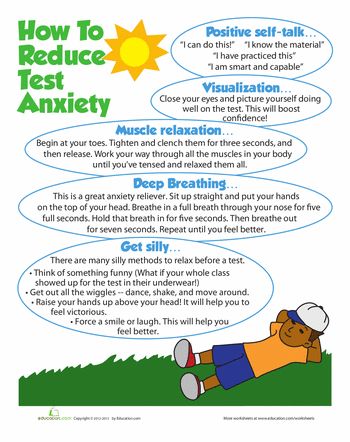How to help your child with anxiety at school
School Anxiety and Refusal | Parent Guide to Support
It’s normal for children and young people to feel worried about something that’s happening at school – for example, when starting a new school or during exams. Sometimes, however, school can become challenging, stressful or distressing over a much longer period of time.
If your child is feeling anxious about school, or not able to go, it can be exhausting for both of you. Mornings in particular can become really stressful for the whole family, as you try to juggle your child’s feelings alongside the need to get them to school and get on with your other responsibilities such as work. Even if you manage to get your child to the school gate, you might know how difficult they’re going to find the day – or know that you’ll be facing the same problem tomorrow morning.
If you’re in this situation, we’ve got advice to help you explore what’s going on with your child, make changes at school that can help, and find the support you need if your child can’t go to school.
About the term 'school refusal'
When anxiety builds up to the point that a young person cannot go to school, this is often called ‘school refusal’ – and you might hear the school or other professionals using this term. However, many young people and parents do not like this term because it implies that ‘refusing’ school is a choice, and you may prefer to use terms such as emotionally-based school avoidance (ESBA) or anxiety-related absence.
What makes young people feel anxious about school?
Young people can feel anxious about school for lots of different reasons. They might be worried about making friends or fitting in, find schoolwork or lessons confusing, feel pressured to learn in a certain way or find their relationships with teachers difficult.
Sometimes, going through difficult experiences outside of school – such as bereavement, an illness in the family or being a young carer – can also make it harder for a child to feel settled at school.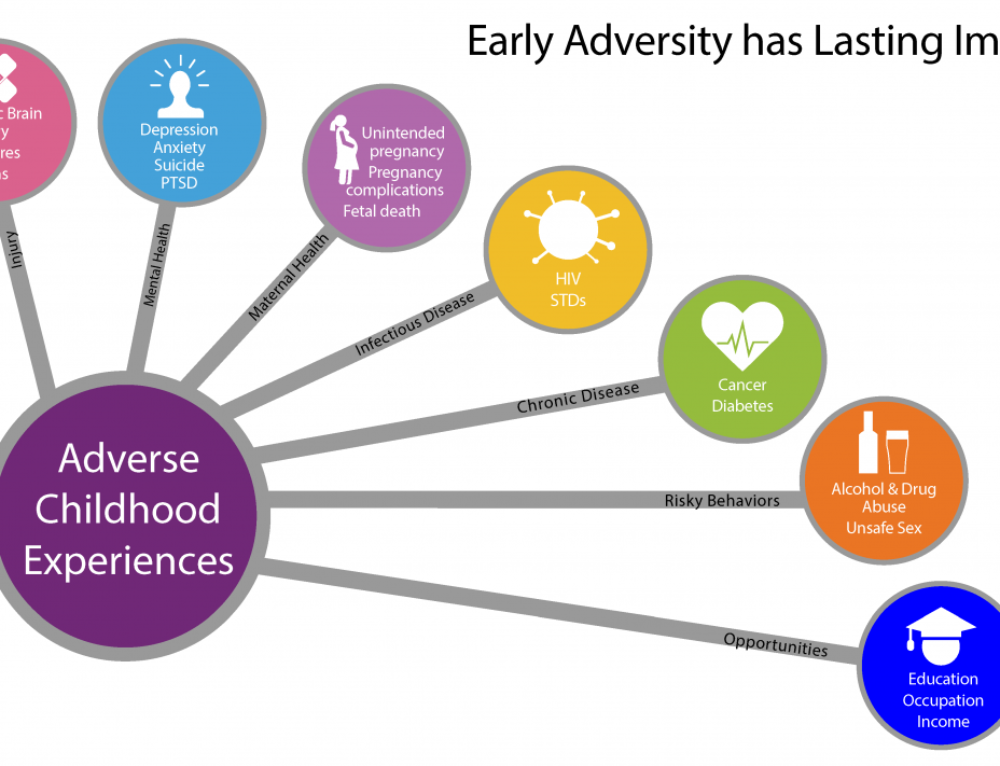
For some young people, the school environment isn’t right for them, and trying to fit into it can create a huge amount of stress. This might be the case if they are struggling with their mental health, or have a neurodiverse condition or Special Educational Need (SEN) such as autism, ADHD, dyslexia or dyspraxia. This can make the school environment anxiety-provoking and exhausting, especially if their condition or need is undiagnosed or not being well supported.
Young people might show they’re feeling anxious about school by:
- not wanting to get up and get ready
- saying they can’t go
- worrying a lot about small issues, such as having the right equipment for a lesson
- feeling sick, or having stomach aches or headaches
- not sleeping well
- not doing schoolwork, or their grades dropping
- being angry or upset, or acting out – at school or at home
- withdrawing – seeming low, quiet or depressed
Finding out what's going on for your child
Sometimes it can be difficult to work out what’s making your child feel anxious, and the first step is often helping them to identify exactly what’s worrying them. Once you understand the problem, you’ll be in a much better position to make changes that can help.
Once you understand the problem, you’ll be in a much better position to make changes that can help.
Young people can find it hard to explain what’s causing their feelings, and might not be able to answer direct questions like ‘what’s going on?’ Using an anxiety iceberg can help to open up the conversation – giving you a more relaxed way of exploring together what’s causing their anxiety.
Watch our video to find out how to make an anxiety iceberg with your child.
If you’re making an anxiety iceberg with younger children, you might want to draw images on the iceberg, or encourage them to write simple words. With older children and teenagers, you can ask them to write key words and phrases on the iceberg, or do this as a mind map, with ‘school’ in the middle and all the things they’re finding difficult around the outside.
Through this exercise, you might identify worries such as arriving at school, finding the environment noisy or overwhelming, finding lessons confusing, feeling lonely through the day, or feeling uncomfortable during specific subjects.
Making changes at school
Once you understand what’s going on for your child, you can use their anxiety iceberg or mind map to communicate with the school and ask for specific changes.
Follow these steps to start a conversation with the school:
- 1. Ask for a meeting with the class teacher or tutor group lead, the pastoral lead or the school’s SENCO.
- 2. Make notes of what you want to say beforehand, and during the meeting go through the specific things your child is finding difficult. You can also ask the teacher whether they have noticed any situations that seem particularly challenging for your child.
- 3. If you and your child have already identified some things that might help, ask for specific changes. If you’re not sure where to start, you can ask them what changes the school can offer – or have a look at our ideas below.
- 4. Take notes during the meeting, agree any changes you’re going to try, and follow up with them afterwards by email.
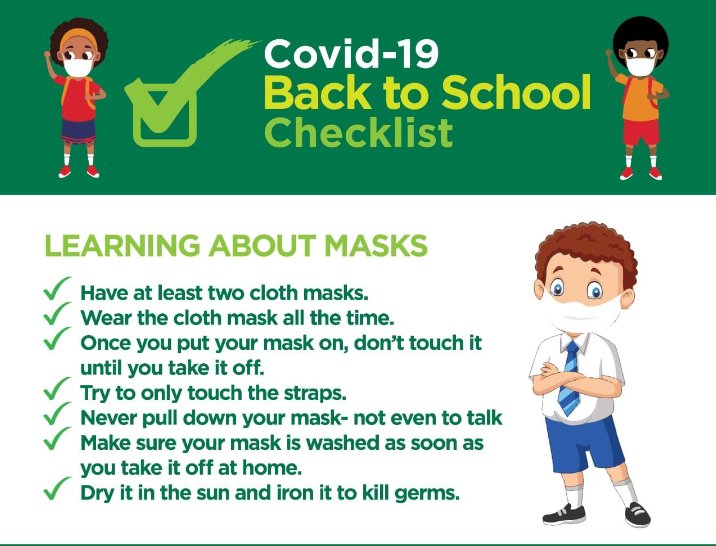 You could also ask for the changes to be formalised in an Individual Education Plan. This is a plan schools can use to make sure your child is given consistent adjustments across all of their lessons.
You could also ask for the changes to be formalised in an Individual Education Plan. This is a plan schools can use to make sure your child is given consistent adjustments across all of their lessons. - 5. Arrange a time when you will check-in again to see if things have improved, allowing some time for your child to try out the new change or routine.
- 6. If the person you’re speaking to isn’t helping, find someone else who will - such as their head of year or the deputy head. If you need to, you can also escalate the problem to the head teacher, governors, academy trust or the Local Education Authority.
Here are some examples of things you can ask the school for:
- Younger children might find it helpful to arrive ten minutes early and have a job to do like tidying the classroom or setting the first lesson up. This gives them a calm start to the day with a clear purpose.
- Teenagers might like to have a safe space where they can sit at the beginning of the day with a staff mentor, such as someone from the pastoral team.
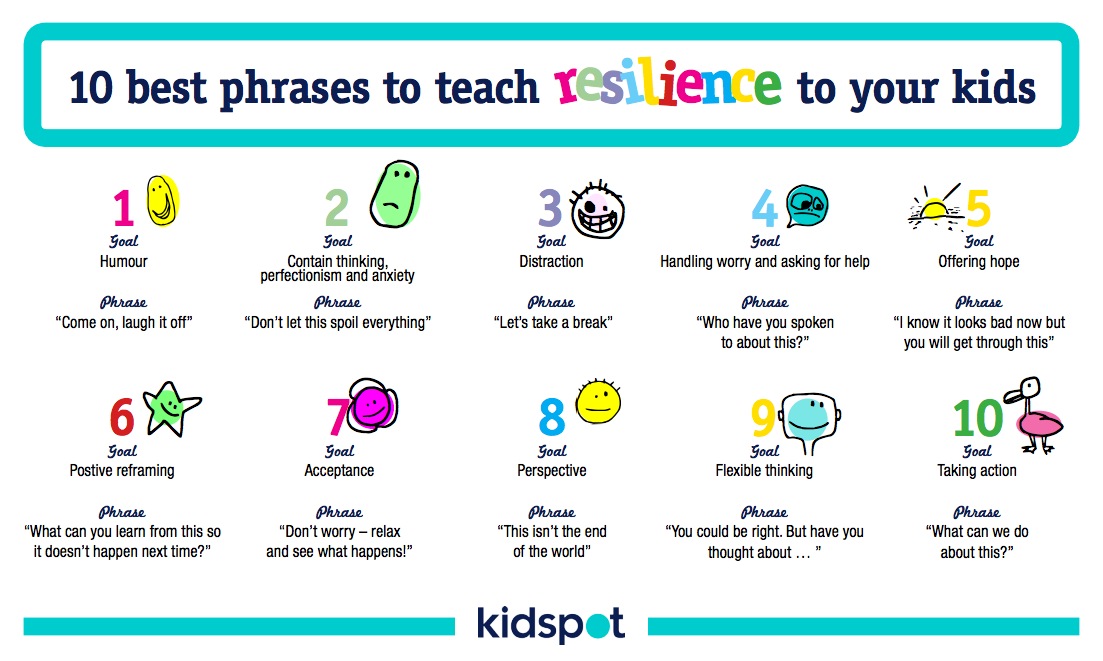 They can then return to this space if they need to at particularly difficult moments through the day.
They can then return to this space if they need to at particularly difficult moments through the day. - Having a flexible start time can help to take the pressure off.
- Having a friend meet them at the gate can reduce anxiety around walking into school and getting to the classroom.
- Being given a visual timetable, with pictures to represent registration, different subjects and breaktimes can help give them a clear structure.
- Having a ‘now, next, then’ card, which your child can edit through the day to keep track of what’s coming next, can break the day down into smaller steps.
- Being given written instructions when they’re asked to complete a task can help if they’re finding it difficult to hold spoken instructions in their head.
- Providing support when moving between lessons, and being given a warning before the next transition, can reduce how overwhelming it might feel.
- Linking your child with a peer buddy or mentor, or a staff mentor, can give them a safe person to talk to and make sure someone is regularly checking in with them at school.
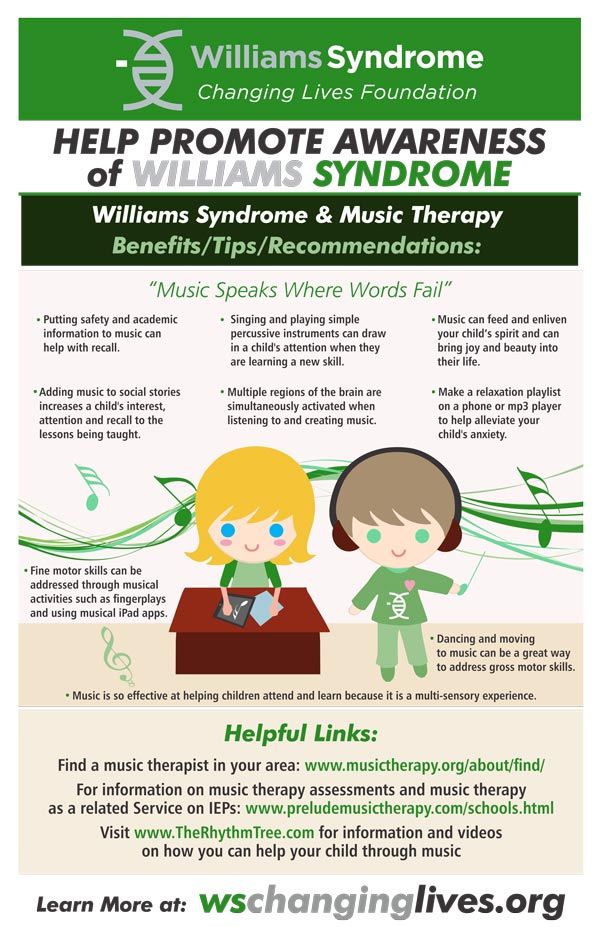
- Being given a safe space, such as a wellbeing room or the pastoral team’s office, which they can drop into when needed, can help them to manage difficult moments.
- Having an ‘exit card’ that lets them leave a lesson if they’re too anxious, and a safe space or person to go to, can help them know they have an ‘out’ when things get too much.
- Having a flexible or reduced timetable can take the pressure off.
- Having activities and clubs they can do at break and lunchtimes can provide some structure and reduce feelings of anxiety about what they’ll do.
- Being part of a club, or being given a responsibility such as library monitor, can make them feel more involved.
- Linking your child with a peer buddy or mentor can help them to feel there’s someone at school who cares about them.
- Some schools may run groups about things like making friends, which can help your child to meet peers in a smaller group and think about these issues in a safe space.

Remember that even though this situation can be really tough for you and your child, it’s a good idea to maintain a positive relationship with the school. Recognise the support they’re offering and any changes they’re making. This will help you work together to make things better for your child.
A parentBuilding a relationship with the attendance team at my son’s school was hugely helpful, we were talking with them each day.
Strategies you can try at home
-
Create a morning routine or timetable.
Having a routine for getting up, getting dressed, having breakfast and leaving the house can create a sense of security and reduce stress for you too. Try to prepare things like checking their timetable, packing bags and laying out clothes the night before. In the morning, focus on the one thing they need to do next as you work your way through the timetable, rather than thinking about a big goal like ‘getting to school’.
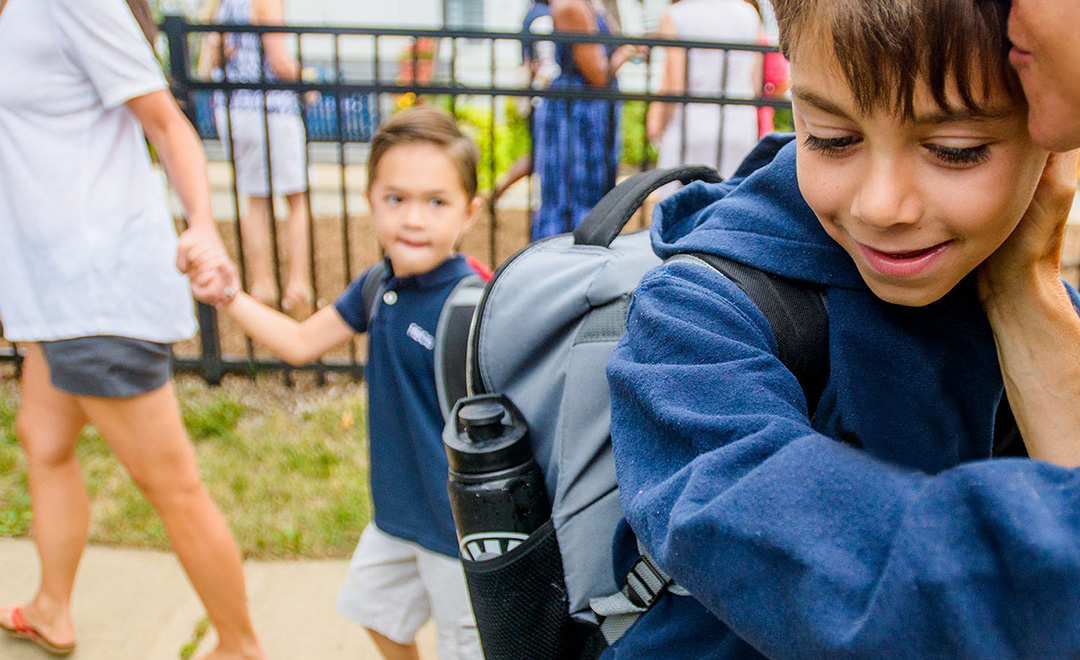
-
Think together about how your child can manage their anxiety.
Younger children might like to take something from home, like a favourite toy, into school with them – or use a worry box at home to help contain their anxieties. Teenagers might like to fill a box with things that help them feel calm using our guide to making a self-soothe box.
-
Encourage them to do things that help them relax.
Having time to unwind after school can be important. This could be spending time with friends and family, listening to music, going for a walk or run, playing sport, baking, drawing or watching a favourite film.
-
Recognise small achievements.
Notice small successes such as getting out of bed at the right time or handing work in at school – and tell your child you’re really impressed with them.
-
Try to take the pressure off.
On some days your child may not be able to manage schoolwork or homework. Remember their mood will go up and down and you can always try again the next day.

For more information and advice on managing anxiety, have a look at our guide for parents.
Anxiety: a guide for parentsIf your child isn’t able to go to school at the moment
If your child isn’t going to school at the moment, this can be incredibly stressful and exhausting for you – and really tough for your child. You might be worried about whether they will be able to get back to school or the impact on their education. Or, you might feel overwhelmed because you’re juggling this alongside work and other family commitments.
If your child's anxiety about school has built up to the point where they can't go, it's a good idea to get them some professional mental health or SEN support - see our advice on this below.
Alongside requesting professional help, try to:
Remember to recognise the impact this situation is having on you, and reach out to trusted family and friends for support. Say ‘yes’ to offers of help, including other people spending time with your child so you can have some time off or get to an important work event.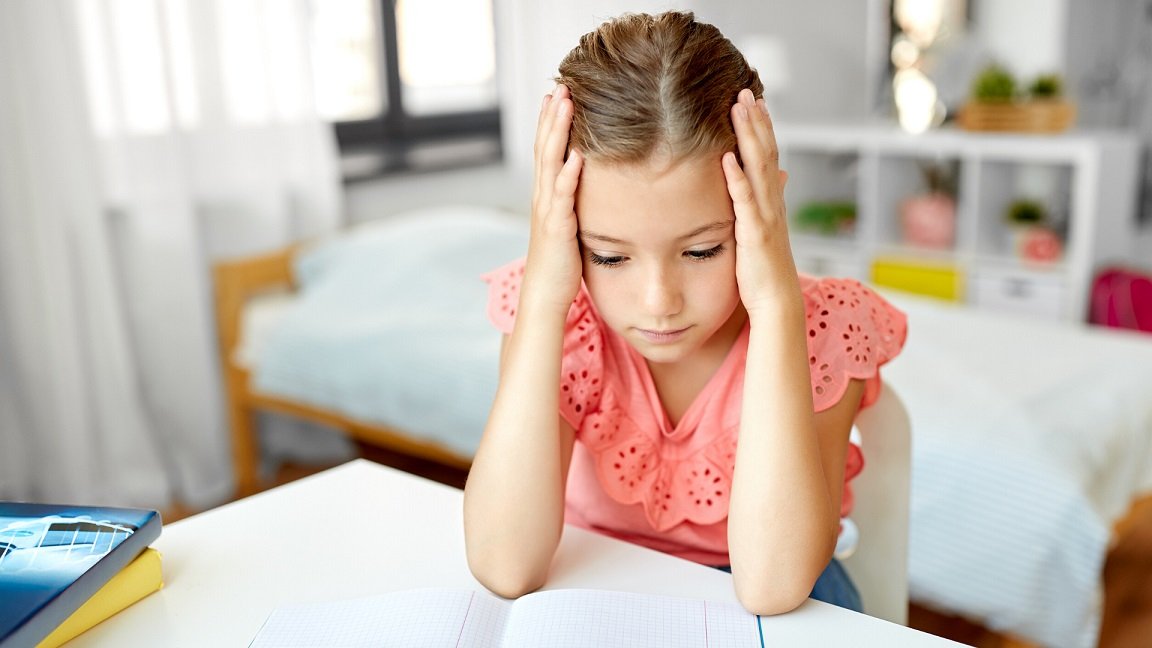 If you need to, speak to your employer about support they can provide, including flexible working. You could also think about parental leave. Find out more about your leave entitlements here.
If you need to, speak to your employer about support they can provide, including flexible working. You could also think about parental leave. Find out more about your leave entitlements here.
Even though this situation can be really stressful for you, remember to show your child that you understand why school is difficult for them and why they don’t want to go at the moment.
Try not to shout, tell them off or force them into school. Making them go in without changing anything is likely to make their anxiety worse in the long-term. Even though they might physically get to school, they probably won’t be in a position to learn either.
Be honest with the school about what’s going on. For example, say ‘my child cannot come to school because they are too anxious’, rather than saying they are unwell or don’t want to. Get a note from the GP, CAMHS or another mental health professional as early as you can.
The school’s SEN and attendance policies should be on their website. Knowing what these are can support you during meetings with the school.
Knowing what these are can support you during meetings with the school.
This can help if your child is unable to go to school for a longer period of time and you need to ask for more support, including provision of alternative full-time education.
Encourage your child to get up, do some studying and stop for lunch at the same times they would if they were in school. This will make adapting back to school easier. Explain to your child that if they cannot go to school, they will need to study at home – at least until alternative arrangements are put in place. Ask the school to help you facilitate tasks and activities your child can do and use online resources such as BBC Bitesize.
Not going to school could leave your child feeling really isolated. Make sure they stay connected to the outside world by seeing friends and family, doing activities they enjoy and getting outside for walks and exercise.
Speaking to friends online can be really important if your child is feeling isolated at home.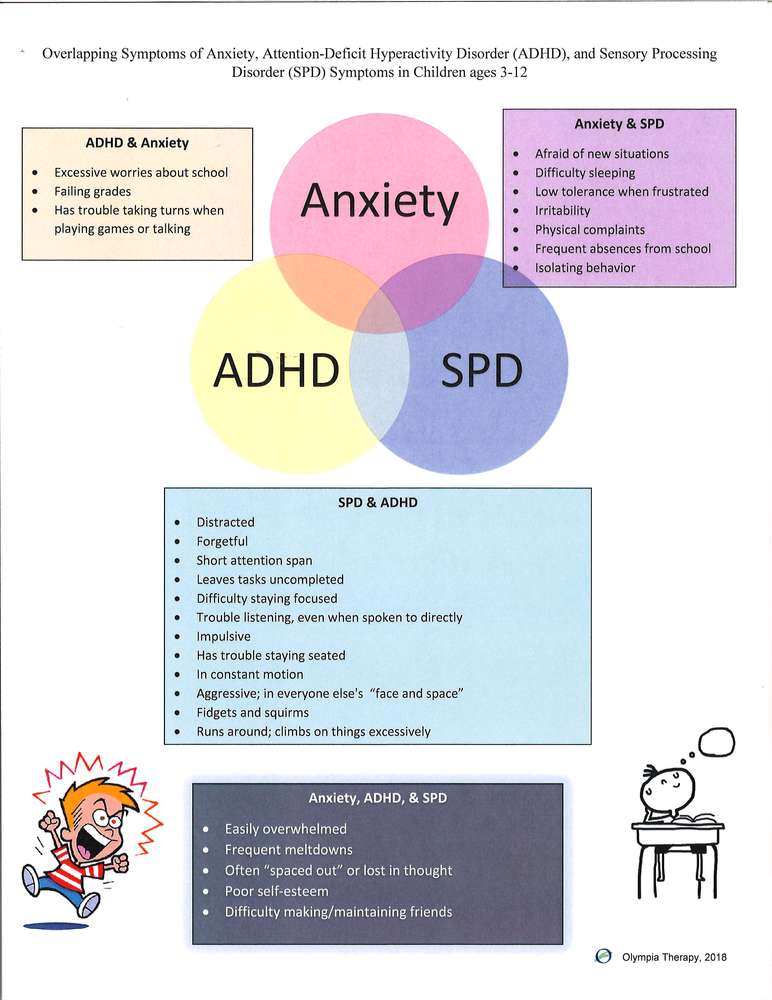 Sometimes, however, you might notice that your child is spending lots of time gaming or on their phone, and that this is getting in the way of important daily activities like spending quality time with family, learning, or sleeping and eating well. If this is becoming a problem, have a look at our guide to gaming or guide to social media for more information and advice.
Sometimes, however, you might notice that your child is spending lots of time gaming or on their phone, and that this is getting in the way of important daily activities like spending quality time with family, learning, or sleeping and eating well. If this is becoming a problem, have a look at our guide to gaming or guide to social media for more information and advice.
Local authorities must provide alternative education if a child of compulsory school age is unable to attend school over a longer period of time. If your child cannot attend school because of a mental or physical health issue, the local authority should provide an alternative as soon as it is clear that they will be away from school for more than 15 days (either consecutively or over time). You can find out how to request alternative education here.
What will happen if my child doesn't go to school?
Parents often tell us they are worried about fines and prosecution, but schools generally consider this only if they feel there is no valid reason for the absence, or that parents aren’t engaging with the problem.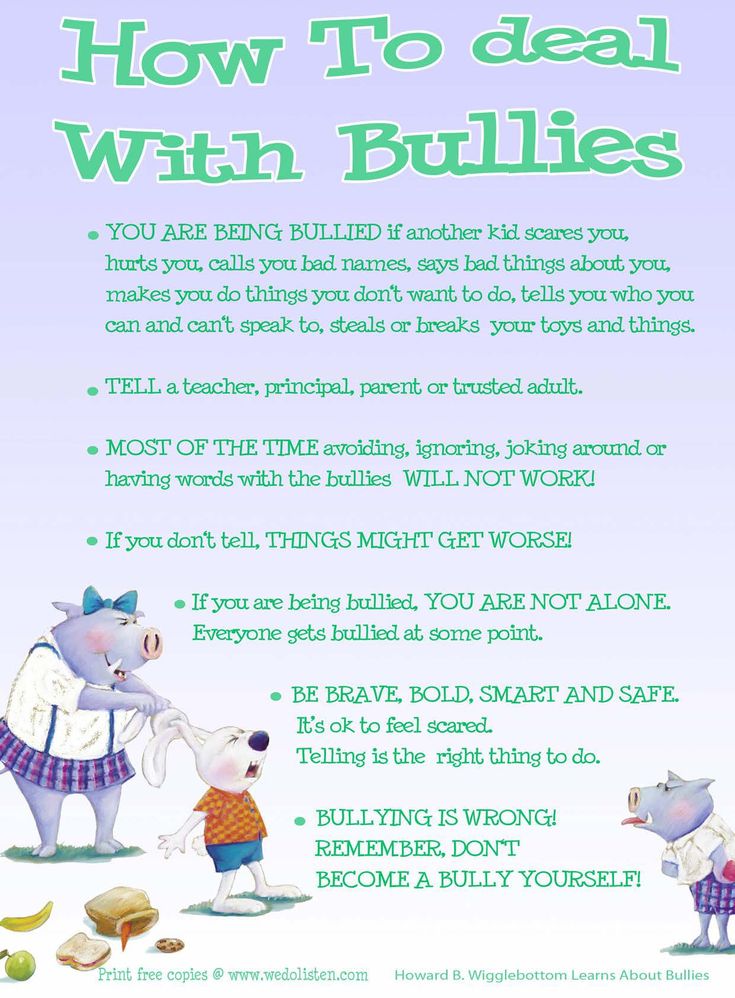
If the absence is prolonged, the case may be referred to a local council Education Welfare Officer (EWO). They will arrange a home visit to find out more and discuss strategies. The school may also refer to other support, including from CAMHS.
Helping your child return to school after an absence
Getting back to school after weeks or months may feel extremely difficult for your child, but you and the school can help make it more manageable. Here are some things you can do to help:
- Set small, achievable targets, such as visiting the building outside school hours or attending one lesson.
- Request a home visit from a school staff member so your child can check in while feeling safe, see that the school cares and discuss any strategies that might help them.
- Ask for a reduced timetable, with regular reviews to discuss building back up at a manageable rate.
- Discuss changing classes or sets if your child thinks this would help.
- Focus on qualifications needed for what your child wants to do next, perhaps dropping a less relevant GCSE to reduce stress.

A parentMy son wasn’t questioned about his absence when he did feel able to pop in for favourite lessons, helping to ease him back into full days of education.
Getting mental health and SEN support
If your child is struggling with anxiety and it’s affecting their day-to-day life, learning or relationships, it’s a good idea to find some professional support. Speaking to the GP and finding them a counsellor or therapist are two good places to start. You can find more information about GPs, counsellors and other mental health services in our guide to getting help for your child.
If there is no other obvious reason for your child’s inability to attend school, they may have an undiagnosed Special Educational Need (SEN) such as dyslexia, autism or ADHD.
If you think this is the case:
- Speak to the school’s SENCO or your GP to ask for a referral for an assessment.
- While you are waiting for an assessment, you can also ask the SENCO to refer your child for support from other professionals, such as an Educational Psychologist or Speech and Language Therapist.
 These professionals can identify specific needs and make recommendations for additional support the school can put in place – even if your child hasn’t had a formal diagnosis yet.
These professionals can identify specific needs and make recommendations for additional support the school can put in place – even if your child hasn’t had a formal diagnosis yet.
SEN support at school
If your child is diagnosed with SEN, extra support and adjustments should be put in place at school to help them attend and learn. This is called SEN support, and should be available within the school's existing resources. Speak to the school's SENCO in the first instance about how the school will support your child.
Education, Health and Care (EHC) plans
If you do not think your child's needs can be met by the school's existing resources, you can ask the local authority to carry out an Education, Health and Care needs assessment (EHC needs assessment). If the local authority decides your child needs additional support, they will then make an Education, Health and Care plan (EHC plan). This outlines how the extra support they need will be provided.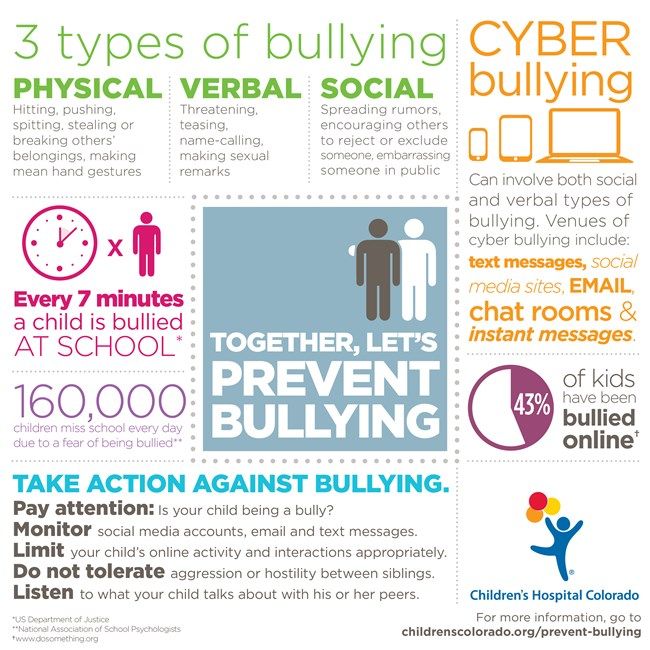 You can find out more about EHC plans here.
You can find out more about EHC plans here.
Your Local Offer
Your Local Offer is the information, support and services available for young people with SEN, and for their parents and families. You can find out what support is available in your area by going to your local authority's website and searching for their Local Offer.
IPSEA
IPSEA
Useful helplines and websites
While we take care to ensure that the organisations we signpost to provide high quality information and advice, we cannot take responsibility for any specific pieces of advice they may offer. We encourage parents and carers to always explore the website of a linked service or organisation to understand who they are and what support they offer before engaging with them.
You might also find this helpful
We have more tips and advice on supporting your child with school, and information about how you can get in touch with our Parents Helpline.
How to Cope With an Anxious Child
When children are chronically anxious, even the most well-meaning parents, not wanting a child to suffer, can actually make the youngster’s anxiety worse. It happens when parents try to protect kids from their fears. Here are pointers for helping children escape the cycle of anxiety.
1. The goal isn’t to eliminate anxiety, but to help a child manage it.
None of us wants to see a child unhappy, but the best way to help kids overcome anxiety isn’t to try to remove stressors that trigger it. It’s to help them learn to tolerate their anxiety and function as well as they can, even when they’re anxious. And as a byproduct of that, the anxiety will decrease over time.
2. Don’t avoid things just because they make a child anxious.
Helping children avoid the things they are afraid of will make them feel better in the short term, but it reinforces the anxiety over the long run. Let’s say a child in an uncomfortable situation gets upset and starts to cry — not to be manipulative, but just because that’s how they feel. If their parents whisk them out of there, or remove the thing they’re afraid of, the child has learned that coping mechanism. And that cycle has the potential to repeat itself.
If their parents whisk them out of there, or remove the thing they’re afraid of, the child has learned that coping mechanism. And that cycle has the potential to repeat itself.
3. Express positive — but realistic — expectations.
You can’t promise a child that their fears are unrealistic—that they won’t fail a test, that they’ll have fun ice skating, or that another child won’t laugh at them during show & tell. But you can express confidence that they’re going to be okay, that they will be able to manage it. And you can let them know that as they face those fears, the anxiety level will drop over time. This gives them confidence that your expectations are realistic, and that you’re not going to ask them to do something they can’t handle.
4. Respect their feelings, but don’t empower them.
It’s important to understand that validation doesn’t always mean agreement. So if a child is terrified about going to the doctor because they’re due for a shot, you don’t want to belittle those fears, but you also don’t want to amplify them.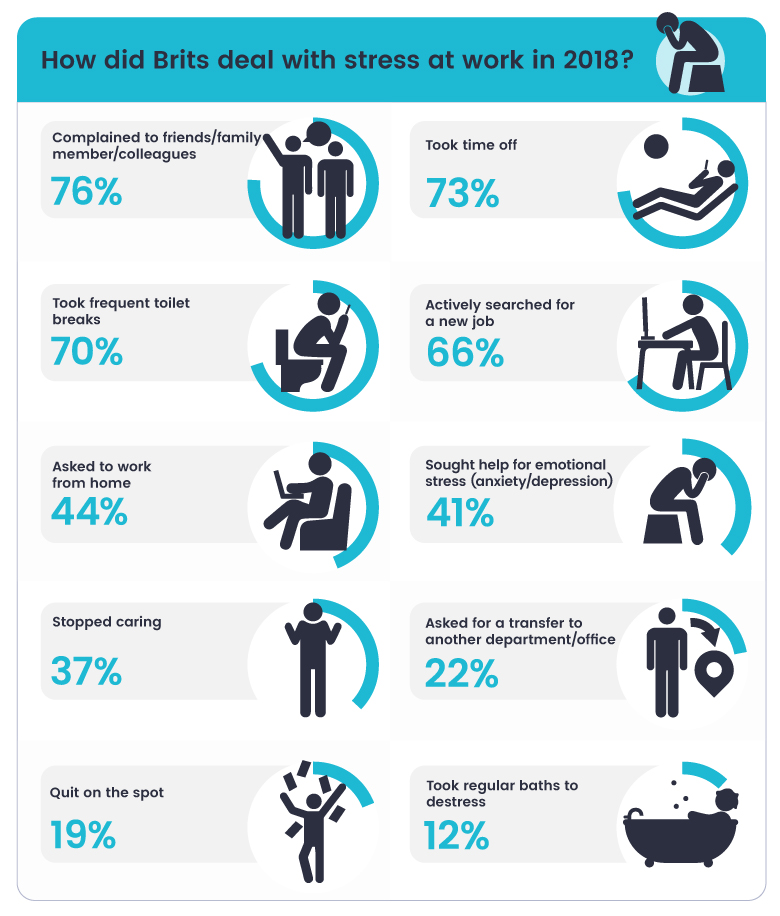 You want to listen and be empathetic, help them understand what they’re anxious about, and encourage them to feel that they can face their fears. The message you want to send is, “I know you’re scared, and that’s okay, and I’m here, and I’m going to help you get through this.”
You want to listen and be empathetic, help them understand what they’re anxious about, and encourage them to feel that they can face their fears. The message you want to send is, “I know you’re scared, and that’s okay, and I’m here, and I’m going to help you get through this.”
5. Don’t ask leading questions.
Encourage your child to talk about their feelings, but try not to ask leading questions— “Are you anxious about the big test? Are you worried about the science fair?” To avoid feeding the cycle of anxiety, just ask open-ended questions: “How are you feeling about the science fair?”
What you don’t want to do is be saying, with your tone of voice or body language: “Maybe this is something that you should be afraid of.” Let’s say a child has had a negative experience with a dog. Next time they’re around a dog, you might be anxious about how they will respond, and you might unintentionally send a message that they should, indeed, be worried.
7. Encourage the child to tolerate their anxiety.
Let your child know that you appreciate the work it takes to tolerate anxiety in order to do what they want or need to do. It’s really encouraging them to engage in life and to let the anxiety take its natural curve. We call it the “habituation curve.” That means that it will drop over time as he continues to have contact with the stressor. It might not drop to zero, it might not drop as quickly as you would like, but that’s how we get over our fears.
8. Try to keep the anticipatory period short.
When we’re afraid of something, the hardest time is really before we do it. So another rule of thumb for parents is to really try to eliminate or reduce the anticipatory period. If a child is nervous about going to a doctor’s appointment, you don’t want to launch into a discussion about it two hours before you go; that’s likely to get your child more keyed up. So just try to shorten that period to a minimum.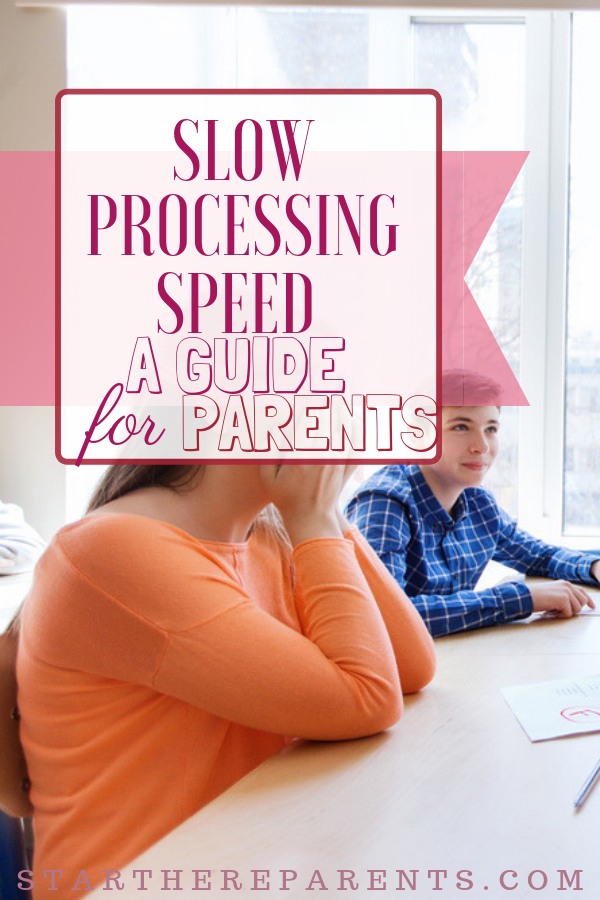
9. Think things through with the child.
Sometimes it helps to talk through what would happen if a child’s fear came true—how would they handle it? A child who’s anxious about separating from their parents might worry about what would happen if a parent didn’t come to pick them up. So we talk about that. If your mom doesn’t come at the end of soccer practice, what would you do? “Well I would tell the coach my mom’s not here.” And what do you think the coach would do? “Well he would call my mom. Or he would wait with me.” A child who’s afraid that a stranger might be sent to pick them up can have a code word from their parents that anyone they sent would know. For some kids, having a plan can reduce the uncertainty in a healthy, effective way.
10. Try to model healthy ways of handling anxiety.
There are multiple ways you can help kids handle anxiety by letting them see how you cope with anxiety yourself. Kids are perceptive, and they’re going to take it in if you keep complaining on the phone to a friend that you can’t handle the stress or the anxiety. I’m not saying to pretend that you don’t have stress and anxiety, but let kids hear or see you managing it calmly, tolerating it, feeling good about getting through it.
I’m not saying to pretend that you don’t have stress and anxiety, but let kids hear or see you managing it calmly, tolerating it, feeling good about getting through it.
Video Resources for Kids
Teach your kids mental health skills with video resources from The California Healthy Minds, Thriving Kids Project.
Start Watching
How to recognize anxiety in a child and help him cope with this condition?
The main task of parents is to protect not only the physical condition of their child, but also his emotional health.
Euromed Kids neuropsychologist Elena Vladimirovna Loseva told how parents can help a child cope with anxiety.
Anxiety is a negative emotion that expresses a feeling of uncertainty, the expectation of negative events. nine0003
At the same time, it can be associated with the expectation and anticipation of unpleasant experiences or danger, even if everything around is good and safe.
How to understand that a child suffers from anxiety, even if he himself does not talk about it?
Here are the most common symptoms:
- Constant restlessness.
- Difficulty or sometimes inability to concentrate on something
- Muscle tension (for example, in the face, neck). nine0026
- Irritability.
- Behavior change.
- Sleep disorders.
A child's anxiety largely depends on the level of anxiety of the adults around him.
The child "reads" the anxiety of the parents, even when they themselves do not notice it or try to hide it. He becomes overly responsible, for example, very worried about his results in school.
How can I help my child deal with anxiety? nine0007
Helping a child overcome anxiety means creating conditions in which he will not be so afraid. If the child is afraid to fall asleep in the dark, let him fall asleep in the light; if he is afraid to ask passers-by for directions, ask with him.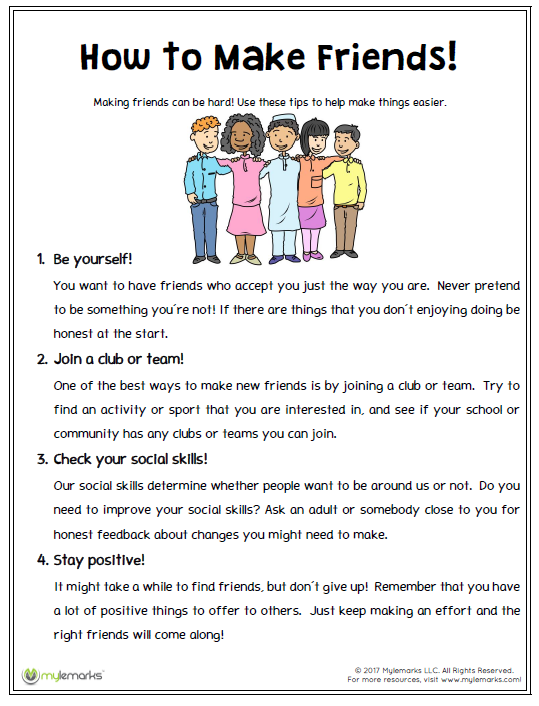
In this way you show him how to deal with situations that worry him.
Do with your child, not instead. From , try to look for positive moments in any situation, be optimistic. Children with a high level of anxiety have low neurodynamic parameters. nine0003
Also, constant anxiety can cause health problems.
Can the recently popular anti-stress toys help to cope with anxiety?
Yes, such toys help to relax in a stressful situation, improve attention. Due to the fact that the child sorts out some objects in his hands, he transfers the focus of attention to them. Connecting the senses, the baby stabilizes his emotional background and is distracted from restless thoughts. nine0003
Such toys can always be kept "at hand" in a state of anxiety and anxiety. They are easy to use, affordable, and most importantly - completely harmless, unlike dietary supplements and psychoactive substances used without a prescription.
But if you notice that your child's anxiety affects the quality of life, be sure to contact a specialist.
You can make an appointment for a consultation by calling +7 812 331 00 00 or online on the website. nine0006
How to deal with anxiety in children at school
school. What this problem is fraught with, if it is not solved in time, we will consider in more detail.
What an anxious child looks like
A child enters the classroom, greets almost silently and stares intently at everything that surrounds him. Then he sits timidly on the edge of a chair and barely moves. The lesson starts, but the child is still trying to be invisible. He is afraid, it seems to him that something bad will happen. He feels helpless, vulnerable, he is afraid to participate in new games, answer in class, go to the blackboard. Such a child is distinguished by strong anxiety. Often the experience before the event is stronger than at its moment. nine0003
nine0003
This condition may be associated with low self-esteem and excessive demands on oneself. The child considers himself inferior to others in all respects: externally, intellectually, physically, so he tries with all his might to be invisible in the classroom.
See also: Bullying. How to help a child?
How to Distinguish Anxiety from Anxiety
Anxiety is a temporary disturbance. Anxiety, on the contrary, is a constant state of the child. For example, a child is worried before a holiday, at which he must go on stage and recite a verse. And after everything passes, his nervous system returns to normal. nine0003
⠀
If such a condition is often observed in a child, for example, when communicating with other adults, children, when answering at the blackboard, then most likely it is chronic anxiety.
What is the danger of anxiety
Anxious children are more likely to suffer from somatic problems, which are expressed in dizziness, abdominal pain, throat cramps and coughing fits.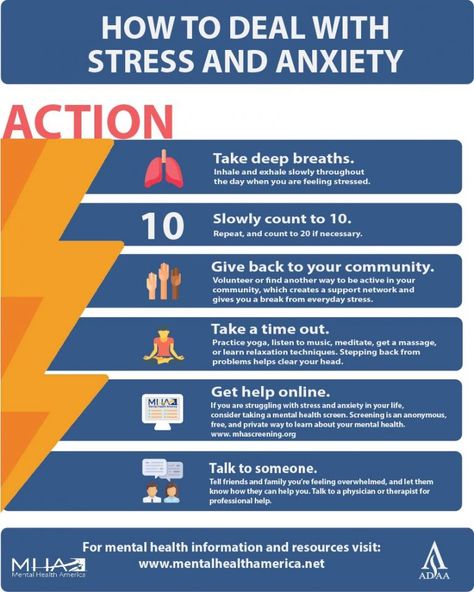 In an anxious state, the child may suddenly dry up in the mouth, the heartbeat becomes more frequent and there is weakness in the legs, which is very similar to fainting. nine0003
In an anxious state, the child may suddenly dry up in the mouth, the heartbeat becomes more frequent and there is weakness in the legs, which is very similar to fainting. nine0003
⠀
If a student regularly has a high level of anxiety, then this negatively affects not only his health, but also his psyche. He loses motivation to study, begins to slip in all subjects, symptoms of neurosis appear.
⠀
A high level of anxiety prevents the child from communicating with peers and making new acquaintances. Often these guys are closed and they have no friends.
⠀
We can say that anxiety has a bad effect on absolutely all areas of a child's life. Therefore, it is important for parents and teachers to learn how to help cope with it, and also try not to become the cause of its development. nine0003
Why anxiety arises and intensifies at school
The most difficult periods in a child's life are those when his life changes dramatically. From the age of 7, children go to school, they are responsible for studying well, following school rules, and trying to be more successful than their peers.
⠀
Psychologists have identified common reasons why children most often experience anxiety at school: nine0026
Summing up the above, if chaos reigns in the upbringing of a child, then the response to this confusion will be an increase in the level of anxiety.
How parents can reduce their child's anxiety level
The recommendations below will help to work out the emotional and physical state of the child, as well as teach him to manage his behavior independently: . nine0026
nine0026
What a teacher can do to reduce student anxiety in the classroom
Kidskey online school teachers share their ways of dealing with anxiety in children.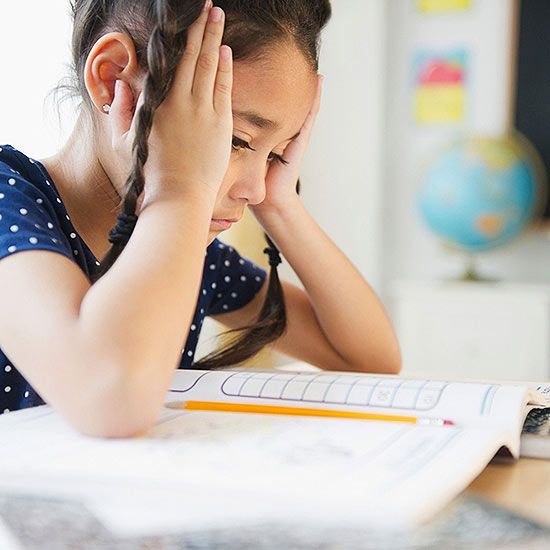 As practice shows, in just 2 - 3 lessons the child becomes more calm and concentrated:
As practice shows, in just 2 - 3 lessons the child becomes more calm and concentrated:
- It is necessary to create situations of success in the lessons and celebrate the victories of each child. Find what he does best and emphasize it. nine0026
- Build lessons in such a way that each student is interested. For children in elementary school, you need to use exercises in a playful way.
- Be consistent. Clearly and clearly formulate their requirements and monitor their implementation.
- Accept, respect and love each student regardless of abilities and achievements.
- Avoid frightening and negative phrases.
- Encourage and support children before the test, assuring that you will be there and will always help direct their thoughts in the right direction. nine0026
- Be mindful of non-verbal communication. Observe the timbre of the voice, speech and gestures. Smile more and sincerely rejoice at the meeting with students at the beginning of the lesson.

- And just love your profession and every child, because children feel everything very subtly.
Prevention of chronic anxiety in children
It is important to explain to your child that it is normal to be nervous. It happens that in life there are problems and difficulties, but they can be solved and overcome. It is normal if he feels uncomfortable in an incomprehensible situation - it happens to everyone. nine0003
Then you should teach him how to solve problems on his own. Here are 4 easy steps to do so:
1. Help to understand when anxiety occurs in the school
This is to ensure that you do not miss the moment when anxiety is manifested and what happens. The experience gained can be easily transferred to other life situations.
2. "Manifest" anxiety, pull it out into the "light"
When an anxious state sets in, you need to teach the child to "catch" it and give it a name. Thanks to this technique, a distance is created between him and anxiety. By making a character out of anxiety, you can turn everything into a joke. For example, call it "Blot", draw it on paper, and then crumple the drawing and throw it in the trash. Thus, "Blot" will be defeated. nine0003
By making a character out of anxiety, you can turn everything into a joke. For example, call it "Blot", draw it on paper, and then crumple the drawing and throw it in the trash. Thus, "Blot" will be defeated. nine0003
⠀
Another parallel can be drawn with older children. For example, imagine anxiety in the form of an unpleasant person who underdoes with unsolicited advice. You can tell him, “Shut up! I won't listen to you." This will help you switch and go about your business.
3. Teach your child to predict the appearance of anxiety
When the mechanism of anxiety is already familiar to the child, you need to not miss the moment of its occurrence and take a step back, thinking: “Aha, you again. You showed up because I have a test at school tomorrow. But I know what to do with you." nine0003
⠀
In order for the child to be able to fight back anxiety on his own, you can teach him to do the following exercise: write on a piece of paper three emotions that anxiety brings to him.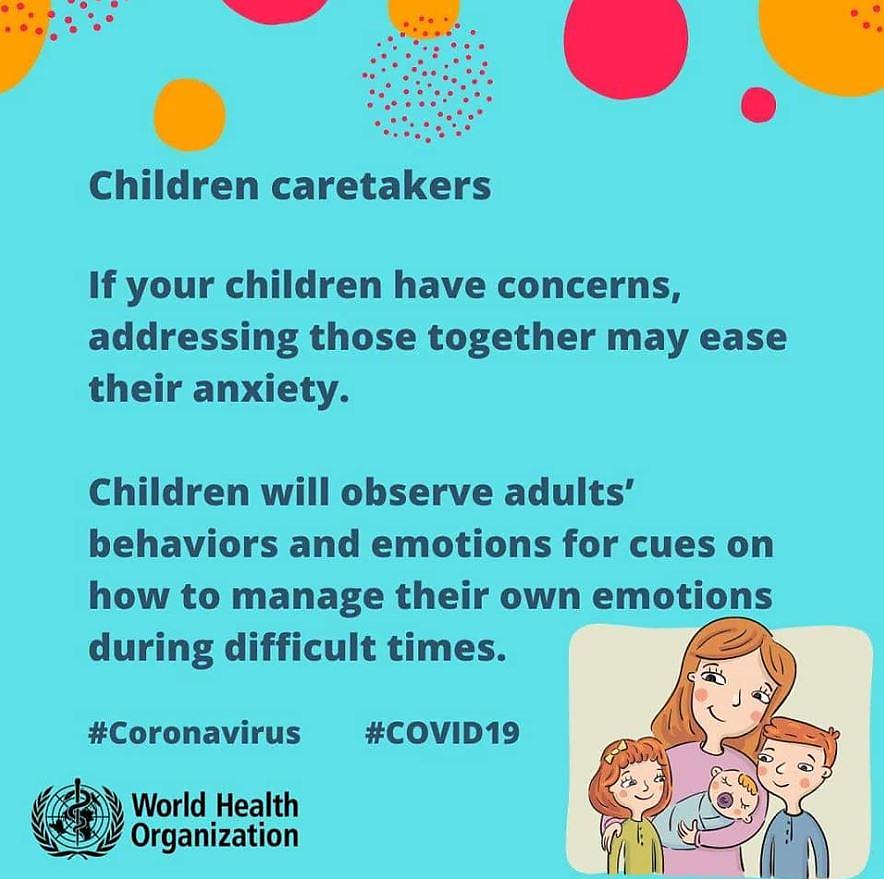 For example: “I will fail the test”, “My parents will be angry”, “I will not go to university because of bad grades”. And next to write opposite statements: “I will cope with the control”, “My parents will support me”, “I will find my calling in life, despite the grades.” This practice will help in the future to recognize anxiety in different cases and fight back. nine0003
For example: “I will fail the test”, “My parents will be angry”, “I will not go to university because of bad grades”. And next to write opposite statements: “I will cope with the control”, “My parents will support me”, “I will find my calling in life, despite the grades.” This practice will help in the future to recognize anxiety in different cases and fight back. nine0003
4. Pre-play anxiety situations with your child
It is important to teach your child to feel comfortable in a situation that causes anxiety. For example, you can tell him in advance: “Tomorrow you have a math test. I think your anxiety may resurface. What will she tell you? What will you answer her? Share." Parents need to make it clear to the child that it is normal to worry at this moment, that they will be there and help him cope with this condition. nine0003
⠀
That is, first the child prepares for the upcoming event that causes anxiety, then tries to play it in his head, and then draws conclusions about how everything turned out.